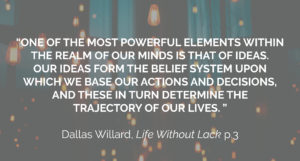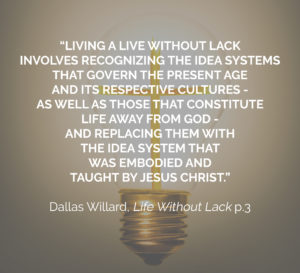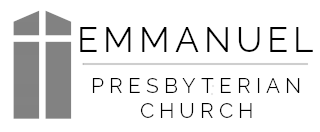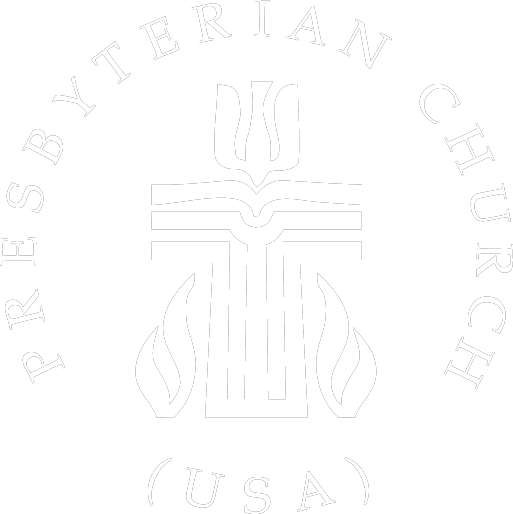
As you can tell by the above page number I’m just starting this book.
I like Dallas Willard’s writings. He was a profound thinker and popular professor of philosophy and religion at USC as well as an insightful commentator on the Christian life. This book is published posthumously. A friend of mine gave it to me. It’s a reflection on living out Psalm 23. You’ll hear more of it as time goes on.
But the purpose of these musings, and that’s what they are for me, is to share what I underline in books and subsequently what are the things I figuratively underline in my life and encourage a bit of engagement.
Why did I underline the above paragraph?
It touches a lot of different things for me. One of the things it does for me is to challenge me to understand where my beliefs come from, where my ideas of God are formed. One of the people that helped me some years ago with this was a missionary named Lesslie Newbigin. In a book of his that has a long and esoteric title – The Gospel in a Pluralist Society, he asserted that everybody’s worldview begins with a series of pre-suppositions.
There are no blank slates.
Each of us has been influenced, imprinted, and shaped by people, locations, ideas, events and everything imaginable. None of us has a faith that is “pure” or “right” or an idea of God that isn’t tainted by our own experiences. It’s not too hard to imagine that my view of God would be quite different if I was raised in a Muslim country or in the former Soviet bloc where atheism asserted itself.
I believe what I believe in large part because of the events of my life.
For instance, it may be difficult for a person whose mother or father abused them, to consider God as a loving parent. Even though intellectually they may even be able to confirm it, the issues of trust can be overwritten by experiences.
This is what I see behind the statement in Willard’s book. It’s the backdrop to his comment. Our ideas form the belief system upon which we base our actions and decisions. Because I believe that there are actions and environments we didn’t choose that shape our belief system as well.
We can consider this and think, “Faith is the result of environment.”
That can be both depressing and too small a concept. What Willard wants me to know is that my ability to imagine, to think, to receive new ideas, is part of the conversion process. The Apostle Paul would call it the “renewal of one’s mind” in Romans chapter 12. Willard goes on in his statement above and includes this:

Often our concepts of God are far from what was embodied and taught by Jesus.
We have believed many things as Gospel truth without challenging or discerning if they are really true.
What Willard wants me to do is to examine my beliefs regularly, put them up next to Jesus and see how they stand up. When I do that, my life grows. It doesn’t get further away from God, but closer. I had a wise pastor tell me, “Wherever there is truth, there is Jesus.”
We can put our thinking and imagination into the service of Jesus and allow his life to shape ours.
This is how our experiences and belief systems can be redeemed for good and not ill.
Let them rub-up against the person of Jesus, his life, his teaching. This is the wrestling that needs to take place so we can be transformed more into his likeness.




Thank you!
Thank you. In some ways it reminds me of the conversation we just had.
Thanks Suzy,
It is close to the themes we talked about. Thanks for reading!